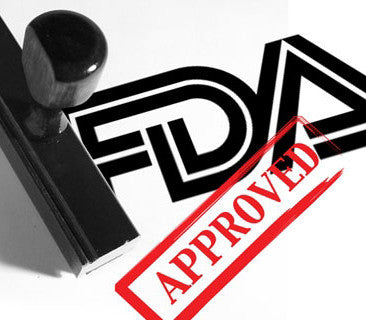Louisiana drug and dietary supplement maker ordered to cease operations due to federal violations
On Friday, U.S. District Judge Robert G. James for the U.S. District Court for the Western District of Louisiana entered a consent decree of permanent injunction against Pick and Pay Inc./Cili Minerals, a manufacturer and distributor of drugs and dietary supplements, and its owner, Anton S. Botha, requiring the business to immediately cease operations until it comes into compliance with federal laws.
The complaint, filed by the U.S. Department of Justice, sought a permanent injunction against the company and its owners for unlawfully manufacturing and distributing unapproved new drugs, misbranded drugs, adulterated dietary supplements and misbranded dietary supplements.
The company and its owner marketed their products online at www.ciliminerals.com, www.cilihealthstore.com and www.cil-ergy.com. They also sold their products through a retail location in Lafayette, Louisiana.
“The FDA works with companies to ensure their processes comply with the public health requirements in our laws and regulations,” said Melinda Plaisier, FDA associate commissioner for regulatory affairs. “But when a company refuses to comply, we will take enforcement action.”
The FDA inspected Pick and Pay Inc./Cili Minerals four times since 2012. During the inspections, the FDA found Pick and Pay Inc./Cili Minerals was manufacturing and distributing misbranded and unapproved new drugs as well as misbranded and adulterated dietary supplements. The defendants marketed their products with claims that they could treat medical conditions such as cancer, cardiovascular disease, multiple sclerosis, autism, bipolar disorder, brain injury and epilepsy. The FDA has not approved Pick and Pay Inc./Cili Minerals’ drugs for any use.
During the inspection, FDA investigators also found numerous violations of the agency’s current Good Manufacturing Practice (cGMP) regulations for dietary supplements, including failing to establish specifications for dietary supplement components and failure to test or verify that components and finished products meet product specifications for identity, purity, strength or composition. Because the defendants failed to follow cGMP regulations, their dietary supplements are adulterated under the Federal Food, Drug, and Cosmetic Act.
In May 2015, the FDA issued a Warning Letter to Pick and Pay Inc./Cili Minerals for similar violations.
The consent decree prohibits the company and its owner from marketing and distributing misbranded or unapproved new drugs and adulterated or misbranded dietary supplements. Before the company and its owners can resume operations, they must, among other things, recall and destroy their existing stock of drugs and dietary supplements, hire labeling and good manufacturing practices experts, and receive written permission from the FDA to resume operations.
Pick and Pay Inc./Cili Minerals is based in Lafayette, Louisiana.
The FDA, an agency within the U.S. Department of Health and Human Services, protects the public health by assuring the safety, effectiveness, and security of human and veterinary drugs, vaccines and other biological products for human use, and medical devices. The agency also is responsible for the safety and security of our nation’s food supply, cosmetics, dietary supplements, products that give off electronic radiation, and for regulating tobacco products.


